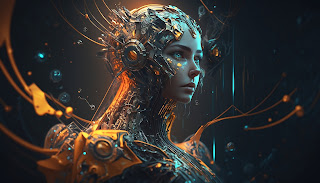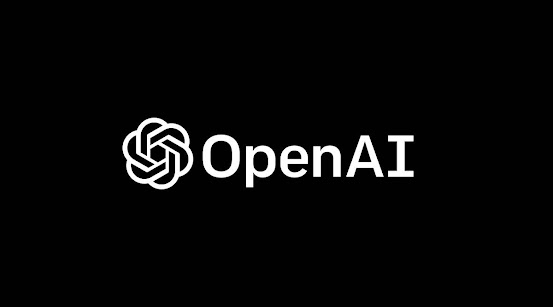AI Chatbots and the Ethical Dilemma in the Tech Industry
The development of generative AI and its potential to power chatbots has sparked a competition between tech companies. However, the ethical implications of this technology have been a cause of concern among researchers and industry leaders alike. Despite these concerns, companies like Microsoft and Google have released AI chatbots, raising questions about the balance between risk-taking and the responsible development of technology.
Microsoft and Google Release Chatbots Despite Ethical Concerns
In March 2022, two Google employees attempted to stop the launch of Google's AI chatbot, Bard, citing concerns about the generation of inaccurate and potentially dangerous statements. Similar concerns were raised by ethicists and employees at Microsoft about the chatbot woven into its Bing search engine. Despite these concerns, both companies released their chatbots to the public, with Microsoft's in February 2022 and Google's in April 2022.
ChatGPT's Surprising Success and Increased Risk-Taking
The success of OpenAI's ChatGPT, estimated to have 100 million monthly users, has led to increased risk-taking by Microsoft and Google. Current and former employees and internal documents from the companies suggest that they are now more willing to take greater risks with ethical guidelines set up to prevent technology from causing societal problems.
Industry's Worriers and Risk-Takers at Odds
Last week, over 1,000 researchers and industry leaders, including Elon Musk and Steve Wozniak, called for a six-month pause in the development of powerful AI technology due to the "profound risks to society and humanity" it presents. Regulators in the European Union have proposed legislation to regulate AI, while Italy has temporarily banned ChatGPT. In the United States, President Joe Biden has also questioned the safety of AI, stating that "tech companies have a responsibility to make sure their products are safe before making them public."
Microsoft and Google Defend Their Position
Microsoft and Google maintain that they have limited the scope of the initial release of their new chatbots and built sophisticated filtering systems to weed out hate speech and content that could cause harm. Natasha Crampton, Microsoft's Chief Responsible AI Officer, says that the company's six years of work around AI and ethics have allowed them to "move nimbly and thoughtfully," and that "our commitment to responsible AI remains steadfast." Brian Gabriel, a Google spokesperson, says that they "continue to make responsible AI a top priority, using our AI principles and internal governance structures to responsibly share AI advances with our users."
The Future of AI Chatbots and Ethical Considerations
The development of generative AI and its potential to power chatbots has sparked a race in the tech industry, but concerns over the ethical implications of this technology persist. Researchers warn that companies like Microsoft and Google are taking risks by releasing technology that even its developers do not entirely understand. Regulators are already threatening to intervene, and as President Biden has noted, only time will tell if AI is dangerous.




Comments
Post a Comment